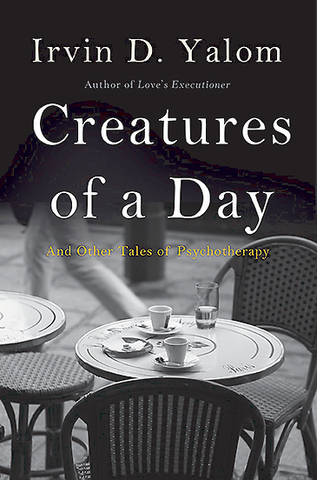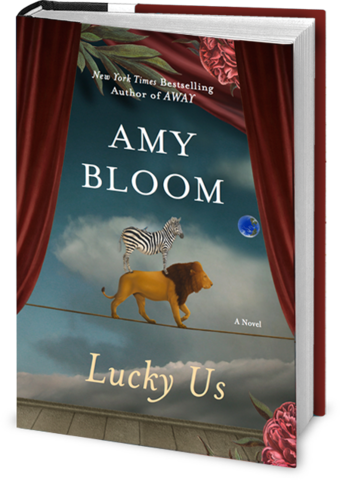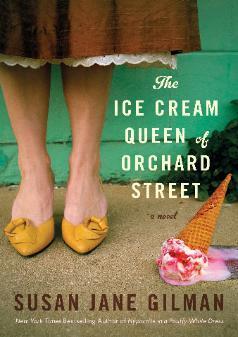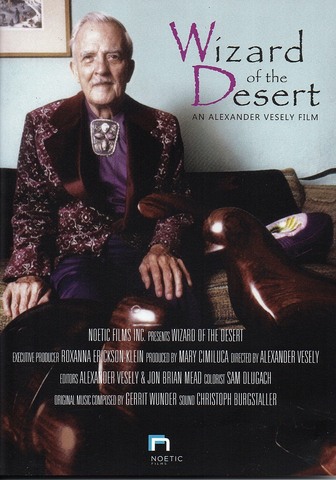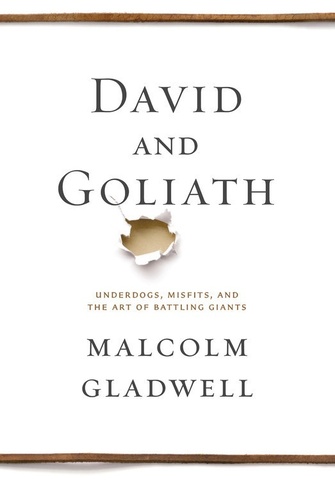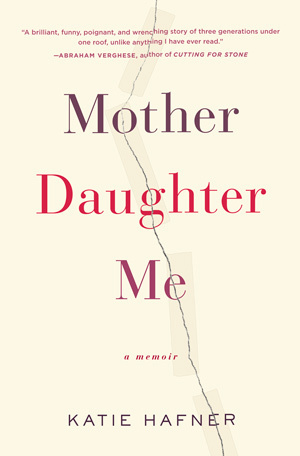
I'm interested in the grotesque—so interested I devoted a whole book, The Last Will & Testament of Zelda McFigg, to a grotesque character. I was impelled to do this because I believe what Zelda embodies—fear, craving to be known, envy, desires that overwhelm her—is what we all, every one of us ego-driven humans, most try to hide. My feeling is that if we can acknowledge these things inside us, even laugh at them—engendering compassion for our human condition—we can grow into the best of us. My epigraphs for the book (and there is a whole page of them) focus on "exile." Why? Because I believe either not knowing these grotesque parts of ourselves or knowing but hating them puts us in a state of exile from who we really are.
An earlier blog on Flannery O'Connor's work gives O'Connor's take on the power of writing the grotesque: ". . . you have to make your vision apparent by shock—to the hard of hearing you shout, and for the almost-blind you draw large and startling figures."
The following review of Haruki Murakami's wonderful book offers a different definition of grotesque—one that makes even more sense to me. Read More


 I became vividly aware of the musical sounds of language, specific to past decades, when I was editing my late mother's novel, The Trouble with the Truth. My mother, Edna Robinson, was born in 1921, and the novel takes place largely in the 1930s and early '40s. However it is written from a perspective in the late 1950s. This could pose a problem musically. We all know the sound of the 1930s and '40s from black-and-white Hollywood movies. Staccato and matter-of-fact-sounding. The 1950s, on the other hand, is softer—think Leave It to Beaver and Father Knows Best. Like the 1930s and '40s, the '50s have a patriarchal beat, for lack of a better way to express it. Father did know best and that was not questioned. Edna solved the problem of differing decades' music logically—the narrative was good literary writing of any era, and dialogue was perfect pitch for the 1930s–40s.
I became vividly aware of the musical sounds of language, specific to past decades, when I was editing my late mother's novel, The Trouble with the Truth. My mother, Edna Robinson, was born in 1921, and the novel takes place largely in the 1930s and early '40s. However it is written from a perspective in the late 1950s. This could pose a problem musically. We all know the sound of the 1930s and '40s from black-and-white Hollywood movies. Staccato and matter-of-fact-sounding. The 1950s, on the other hand, is softer—think Leave It to Beaver and Father Knows Best. Like the 1930s and '40s, the '50s have a patriarchal beat, for lack of a better way to express it. Father did know best and that was not questioned. Edna solved the problem of differing decades' music logically—the narrative was good literary writing of any era, and dialogue was perfect pitch for the 1930s–40s. As an editor, you live in the head of a writer, and I became so involved in the life and sounds of those three decades that I wanted to read other work of the time. For several months, I've been reading the master of the short story, John Cheever—his Pulitzer-prize-winning anthology The Stories of John Cheever. Talk about perfect pitch!
As an editor, you live in the head of a writer, and I became so involved in the life and sounds of those three decades that I wanted to read other work of the time. For several months, I've been reading the master of the short story, John Cheever—his Pulitzer-prize-winning anthology The Stories of John Cheever. Talk about perfect pitch!